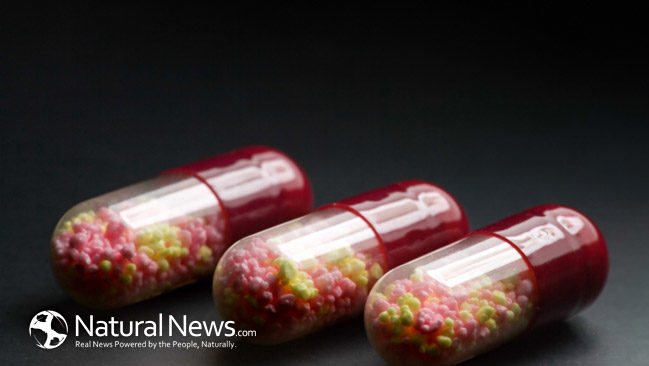The development of antibiotics for treating bacterial infections has indeed lengthened human lifespan. However, excessive and inappropriate use of these useful drugs may cause serious long-term consequences, which not only affect our individual health but may even cause permanent changes particularly to the gut microbiota of our descendants for generations.
Maintaining a proper balance of healthy gut microbiota is crucial as it plays an essential role in metabolism, detoxification, nutrition, development, pathogen resistance, and regulation of immune responses.
Microbiota has been used by scientists to replace the term microflora, which refers to symbiotic and pathogenic microorganisms comprise bacteria, fungi, and archaea.
They colonize human body including on the surface of the skin, in the saliva and mucosa, the vagina, and in the gastrointestinal tract.
Disharmony
Studies have shown that antibiotics may be associated with disharmony or imbalance of gut microbiota, which in turn impacts its activity that leads to the development of various diseases.
One study found that a single intravenous dose of antibiotic demonstrated a significant change in the variety bacterial strains of fecal bacteria and caused the emergence of Clostridium difficile. Gut overwhelmed by C. difficile colonization may lead to serious complications such as severe diarrhea and colitis.
Another study demonstrated that a short course of the antibiotic ciprofloxacin treatment influenced the abundance of roughly one-third of genetically distinct types of bacterial population in the gut, decreasing diversity, the richness, and evenness of the community. The study also found that much of the bacteria recovered by four weeks after the end of treatment, but there were several species failed to recover within 6 months. The result suggests that a short course antibiotics may cause prolonged changes in the diversity of gut microbiota.
Most of the cases of antibiotic-associated diarrhea (AAD) are presumedly related to distinct changes in the diversity of the gut microbiota. Changes in the gut microbiota ecosystem allow pathogens such as C. difficile to proliferate. Staphylococcus aureus, Clostridium perfringens, and Klebsiella oxytoca are also identified as potential causes of AAD.
A recent study demonstrated that salmonella was able to flourish in the gut after antibiotic treatment because of the increased availability of oxidized sugars. The study suggests antibiotics increase the availability of nutrients in the gut, enabling growth of pathogens.
Dysbiosis
Antibiotic treatment is also associated with gut inflammatory diseases including inflammatory bowel disease and Crohn’s disease. Antibiotic use in the first year of life is associated asthma, eczema, and rhinoconjunctivitis. Antibiotic use during pregnancy and early life have been associated with increased risk of food allergies. The risk increases with the increasing number of antibiotic courses.
Another study showed that antibiotic use in early life increases the risk of overweight in later life. Fecal microbiota composition in infancy may predict whether a child will be overweight or normal weight at age seven.
The most crucial step towards reducing antibiotic use is preventing the need for them in the first place. Asking doctor to determine that the condition is bacterial in origin is a good start. Besides that, ask whether the condition requires antibiotics or it is self-limiting.
Lifestyle
There are few key steps you may adopt in taking care of your own health, which may help deterring many diseases including infectious ones: consuming whole foods diet to reduce the likelihood, frequency, and severity of infections; washing hands thoroughly before meals and using bathroom to reduce exposures to infectious germs; avoiding using germicidal detergent as it increases likelihood of proliferation of germicidal-resistant bacteria; taking supplemental nutrients including herbal medicine that may shorten the duration of infections, provide symptom relief, and improve immunity; consuming fermented foods, fermentable fiber, and supplemental probiotics and prebiotics to support gut microbiota diversity.
Further Readings:





